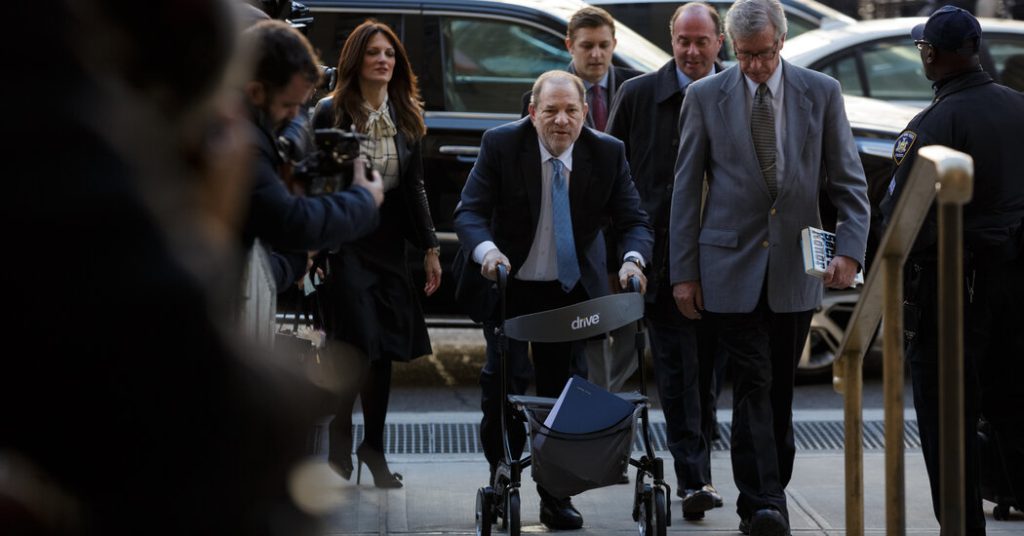Harvey Weinstein’s New York conviction for sex crimes has been overturned, potentially allowing him to walk free. Despite this, he still has a long sentence to serve in Los Angeles. Many of Weinstein’s accusers and some judges are outraged by the decision, which was made by a slim majority of the judges ruling that his trial was unfair. The dissenting judges argue that the decision endangers progress in sex crimes trials. Ultimately, criminal convictions have never fully captured the extent of Weinstein’s behavior.
The crux of the Weinstein story lies in his abuse of power in the workplace. Weinstein is accused of using promises of career advancement to lure young women, whether they were actresses or assistants. These women were often in the early stages of their careers and saw Weinstein as an opportunity to make it in a male-dominated industry. Weinstein’s alleged actions spanned from harassment to rape, but the common thread was his use of his position to pressure these women into compromising situations. Many accusers have expressed not just physical pain, but also the loss of career opportunities due to Weinstein’s actions.
The Weinstein story has shed light on the vulnerabilities women face in the workplace, particularly in industries like Hollywood where power dynamics can be exploited. While sexual harassment is illegal, the laws addressing it are weak, and the criminal justice system is not equipped to address the impact on someone’s career. Many Weinstein accusers have pursued civil suits, but achieving accountability and remuneration has been difficult. However, the focus on work in the Weinstein saga has led to a shift in workplace standards and cultural norms around sexual harassment.
The Weinstein scandal has had a lasting impact on workplace culture, leading to a reevaluation of what constitutes acceptable behavior in the workplace. While harassment was once tolerated or dismissed, it is now met with greater scrutiny, leading to changes in workplace policies and laws. The Weinstein case has prompted more investigations into workplace misconduct, increased protections for workers, and changed attitudes about workplace behavior. The legacy of Weinstein and the women who spoke out against him is a renewed commitment to ensuring that no one should face unwelcome sexual pressure from their boss at work.


